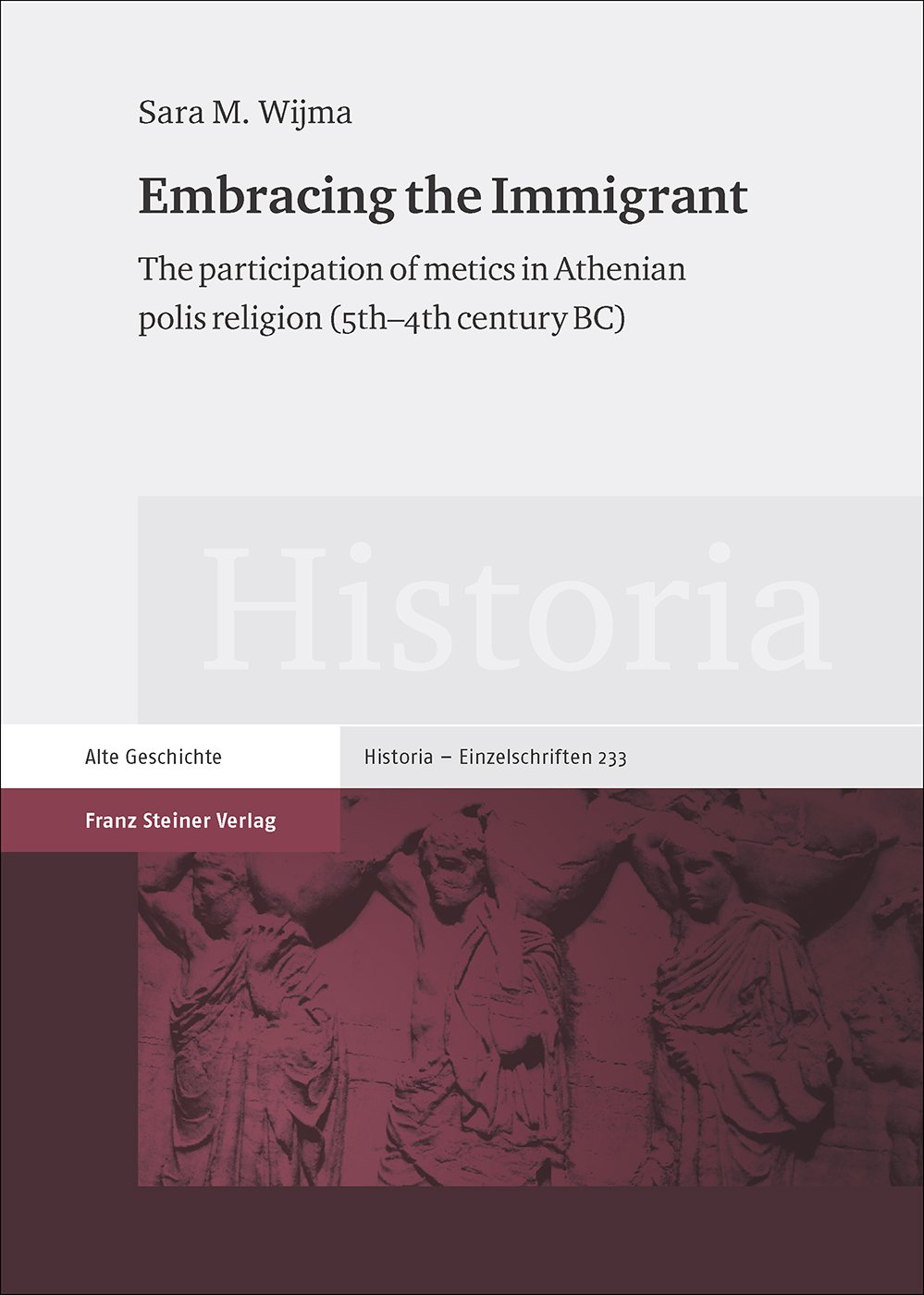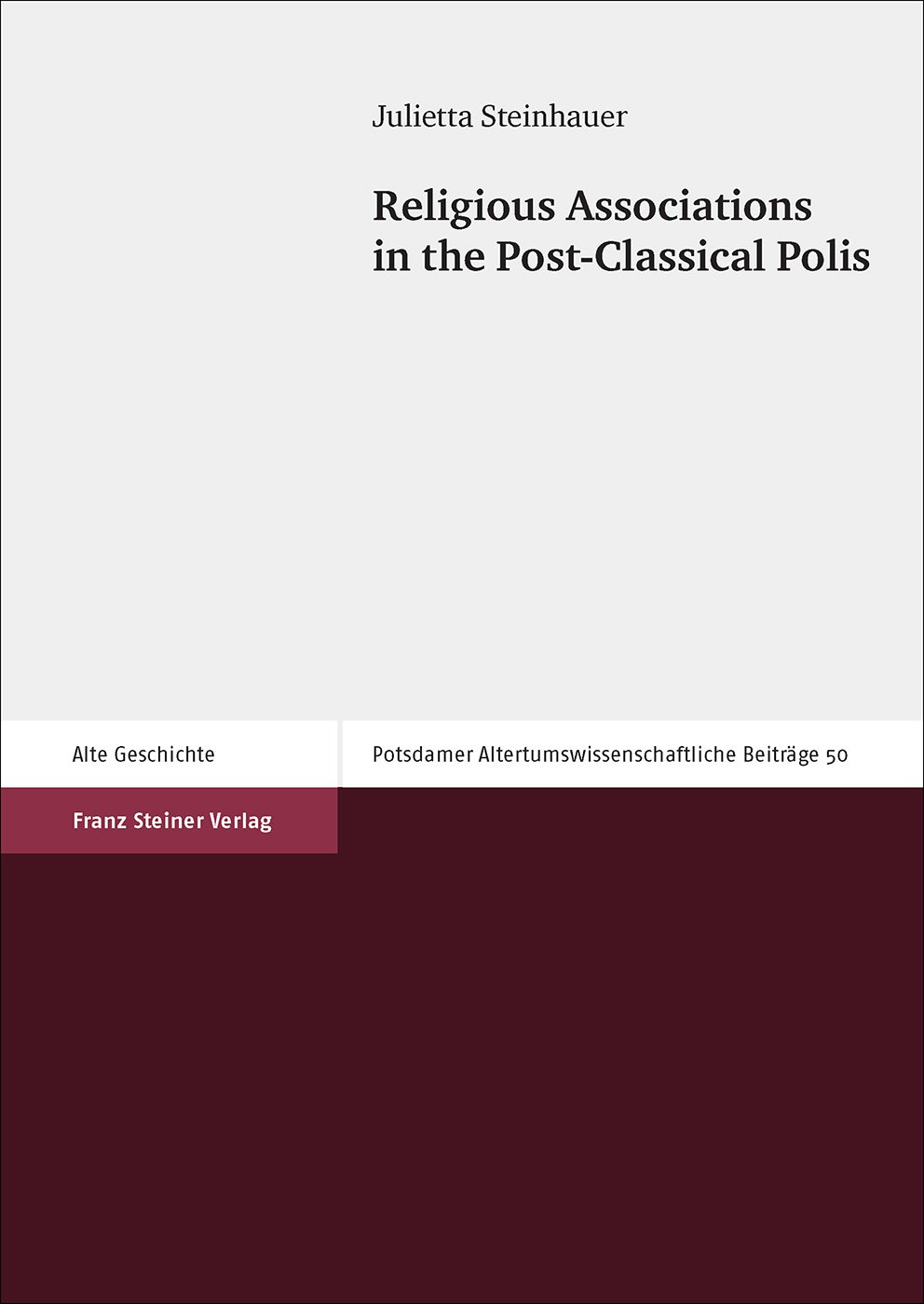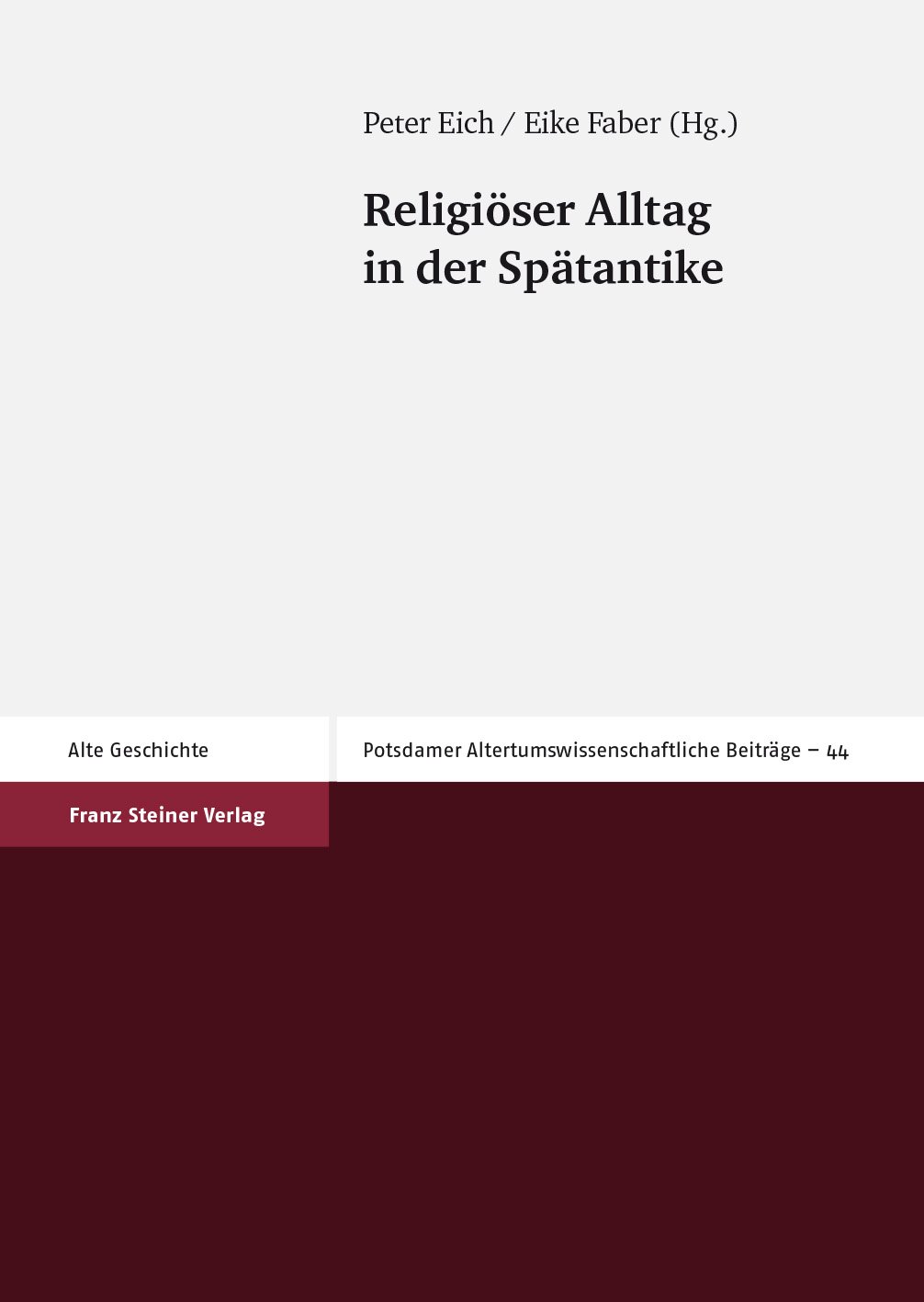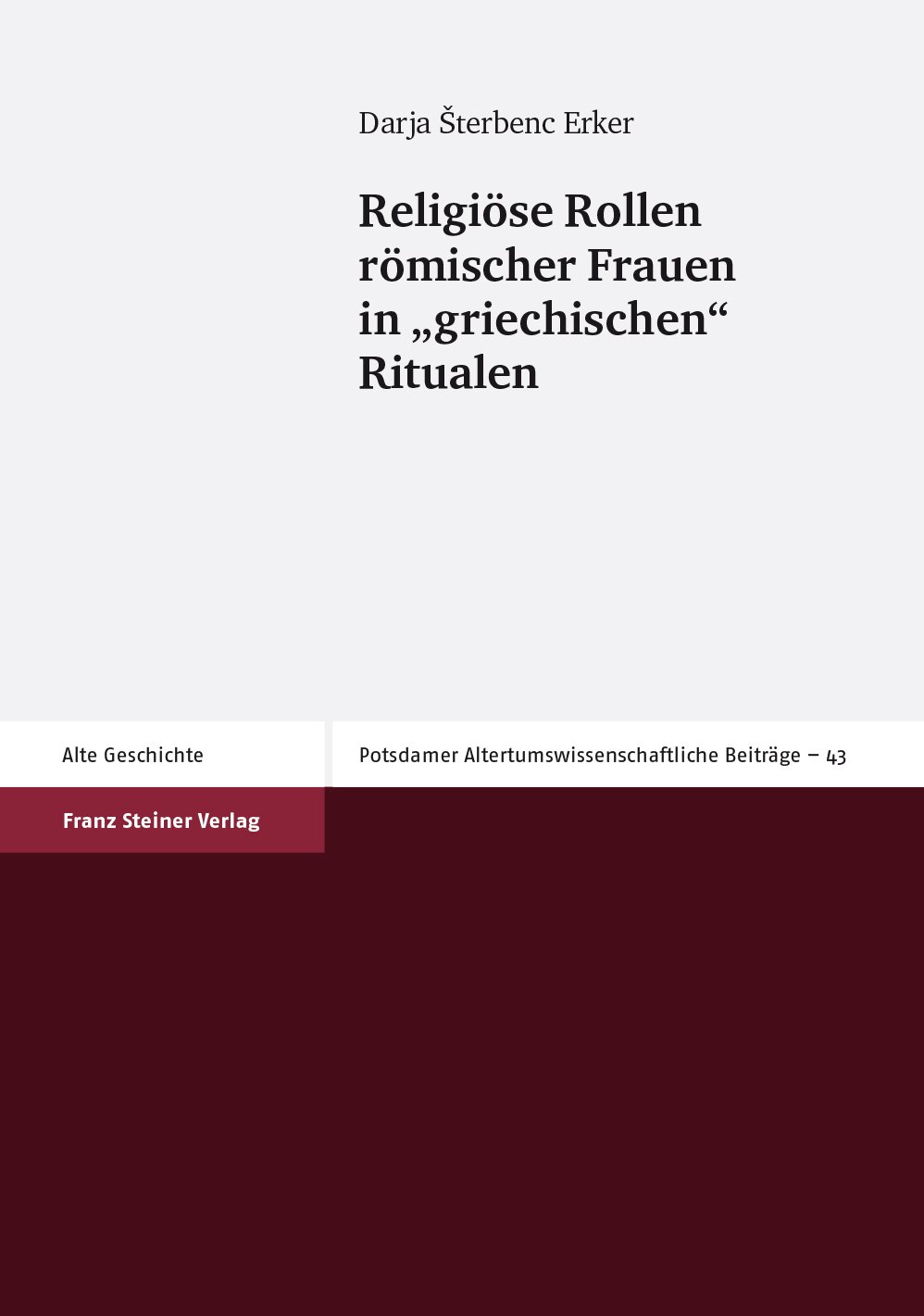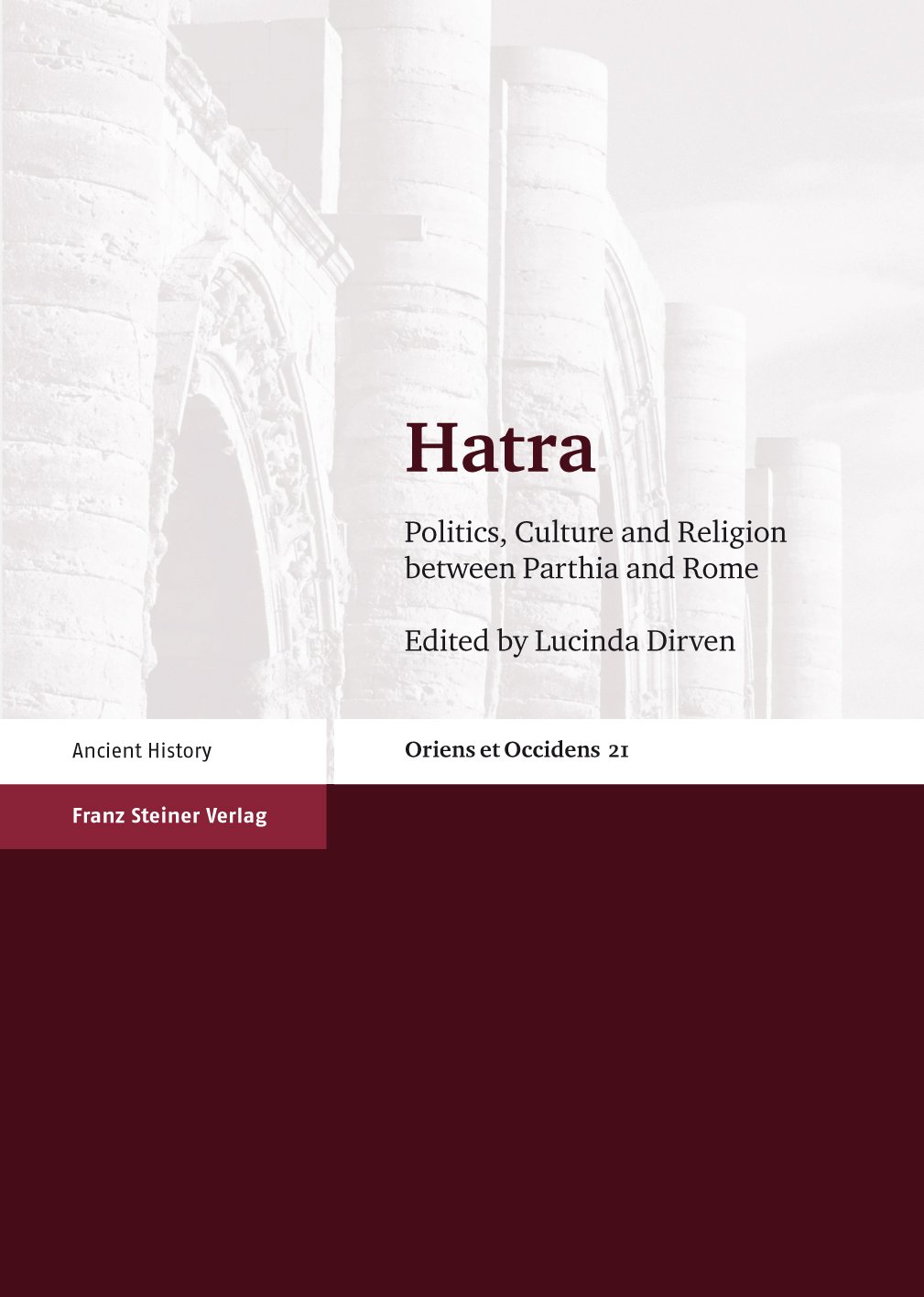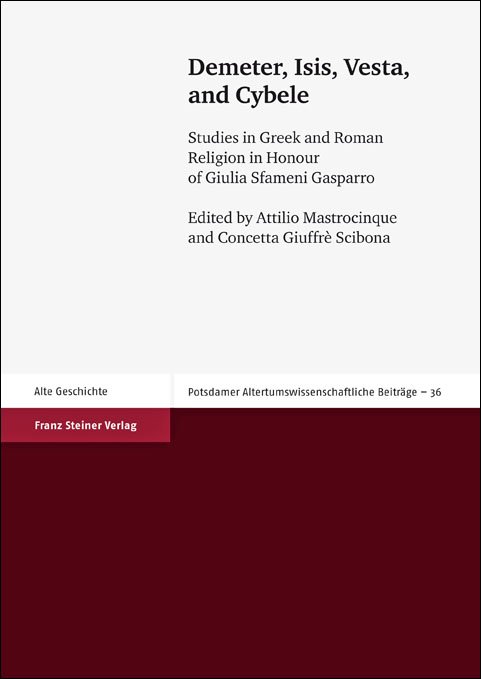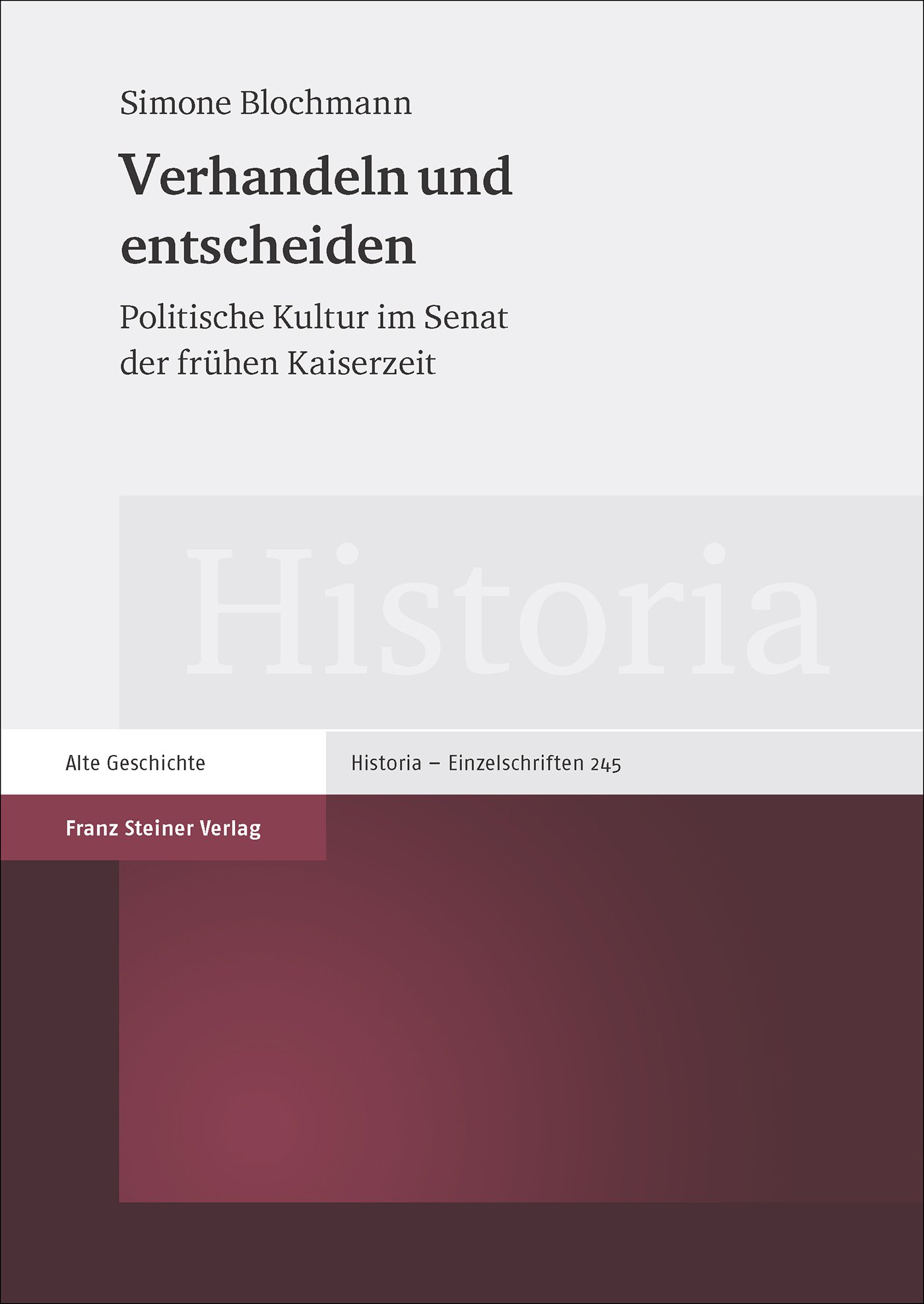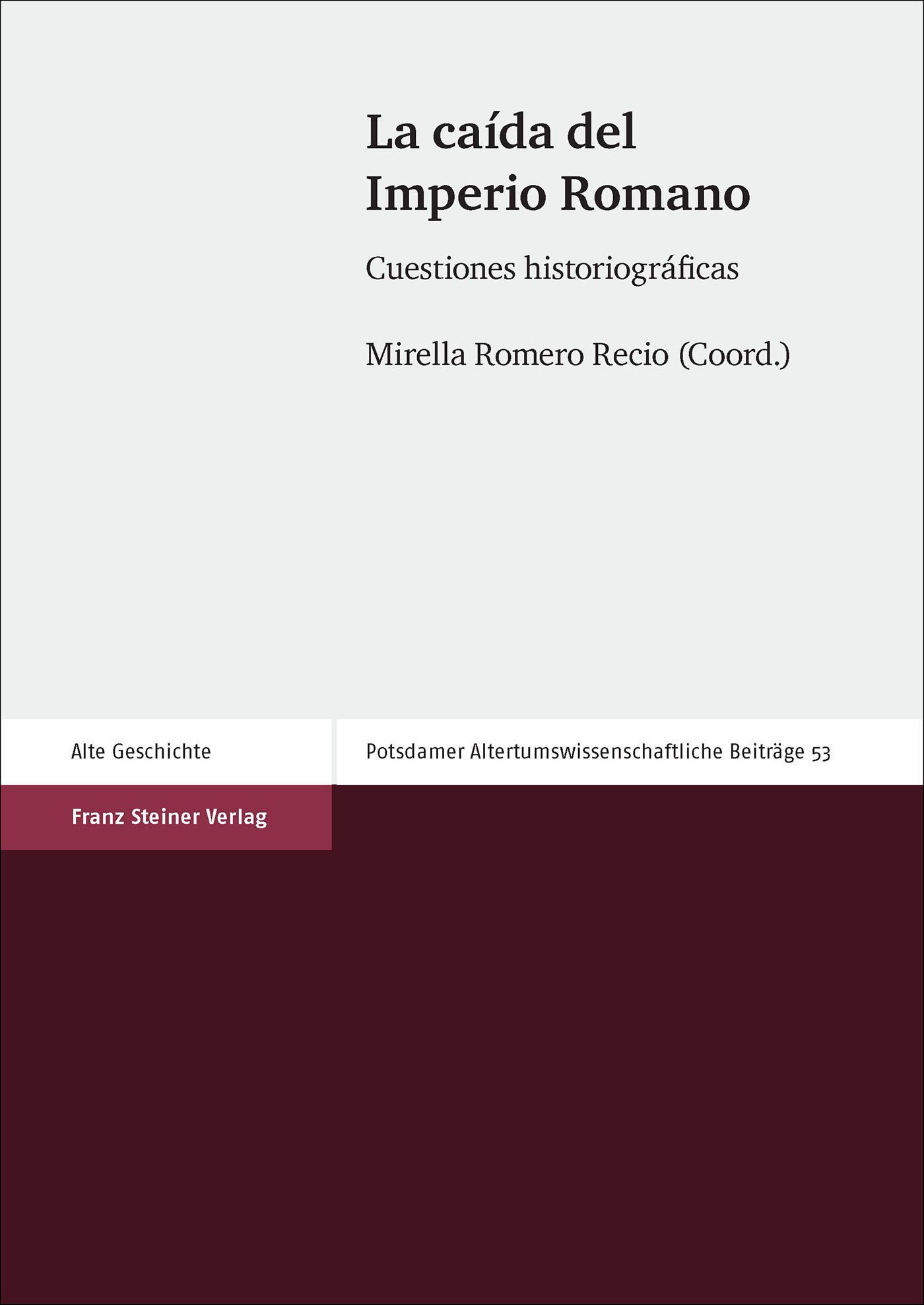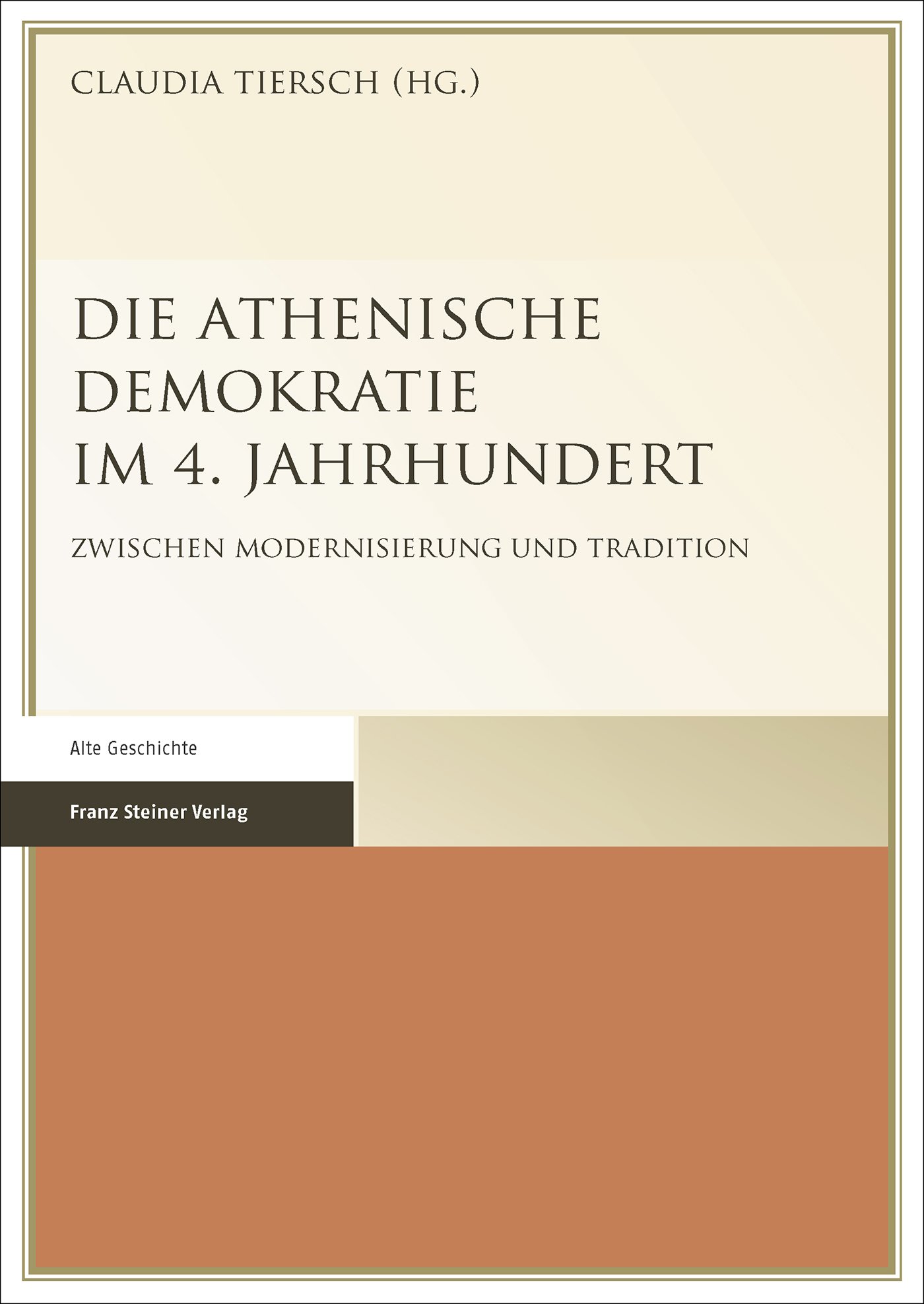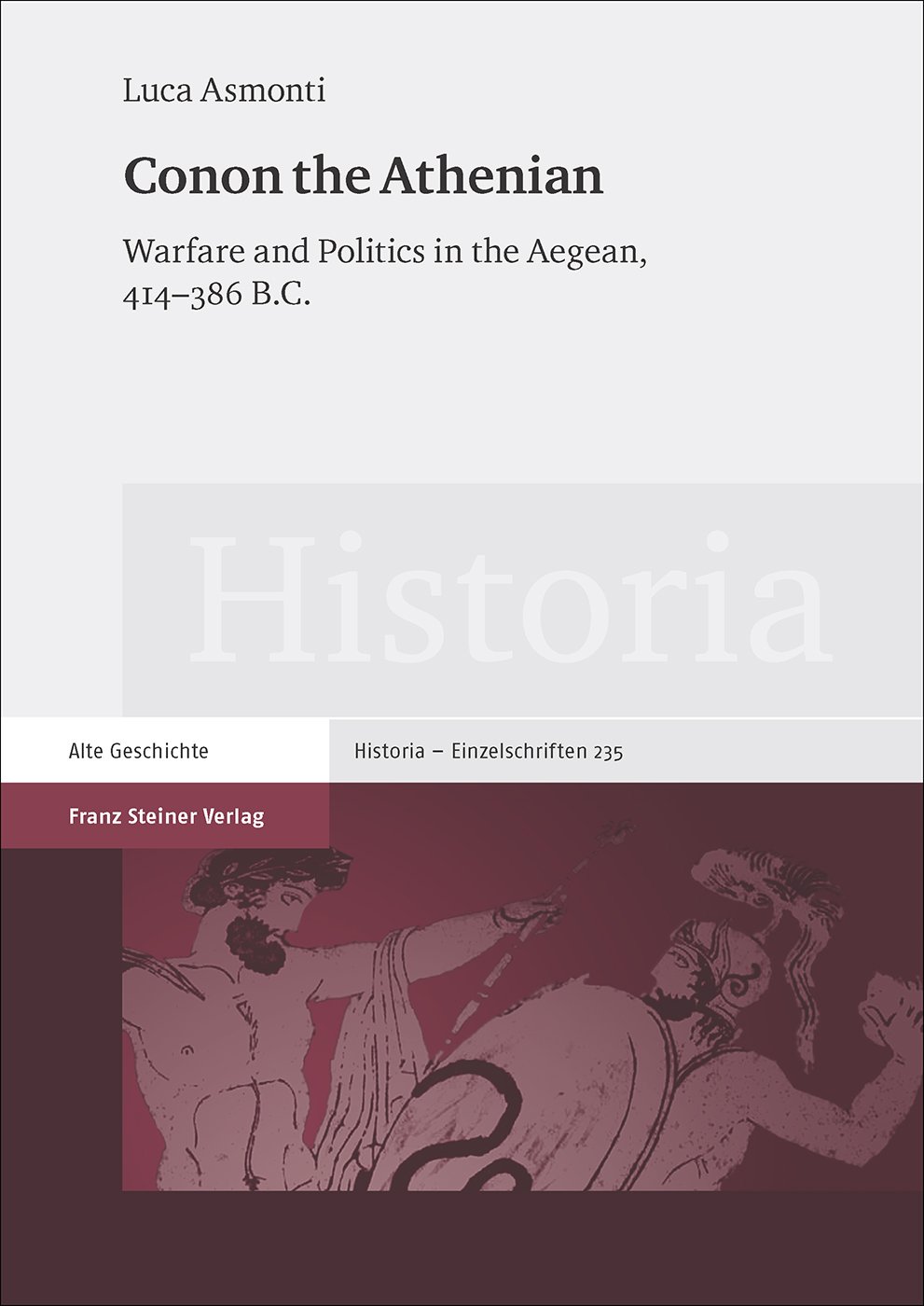Embracing the Immigrant
Embracing the Immigrant
What does it mean to belong to a community? How is membership conceptualised and in what way is the position of newcomers negotiated and the community’s cohesion secured? Although no clear definition of citizenship survives from classical Athens, many sources include the statement that belonging to the polis consisted of participation in public life, often specified as sharing in the ritual obligations of the Athenians. Contrary to the still prevalent understanding of the Athenian polis as a city-state run by politically privileged men, this book explores this notion of the polis as a cultic and participatory community. In that context it reconsiders the position of immigrants in Athens, who are commonly viewed as outsiders or even anti-citizens in modern research. It is argued that as immigrants were gradually included in Athenian polis religion as metics, they should, at least to a degree, be considered members of the polis. In order to arrive at a better understanding of the ways in which the demos conceptualised this separate membership for immigrants, this book investigates the participation of metics in several polis and deme rites.
"This book provides a welcome examination of ways in which Athenian religion incorporated metics into the polic community […]"
Rebecca Futo Kennedy, Journal of Hellenic Studies 137, 2017
"[…] the book has been both expediently and ably published from a recent thesis. This not only demonstrates that such a feat is still possible-and that Wijma needs to be commended fot it- but it also stands in patent contrast to not a few of the relatively careless recent publications of Franz Steiner Verlag […]"
Jan-Mathieu Carbon, L‘ Antiquité Classique 86, 2017
| Reihe | Historia – Einzelschriften |
|---|---|
| Band | 233 |
| ISBN | 978-3-515-10642-9 |
| Medientyp | Buch - Gebunden |
| Auflage | 1. |
| Copyrightjahr | 2014 |
| Verlag | Franz Steiner Verlag |
| Umfang | 197 Seiten |
| Format | 17,0 x 24,0 cm |
| Sprache | Englisch |
